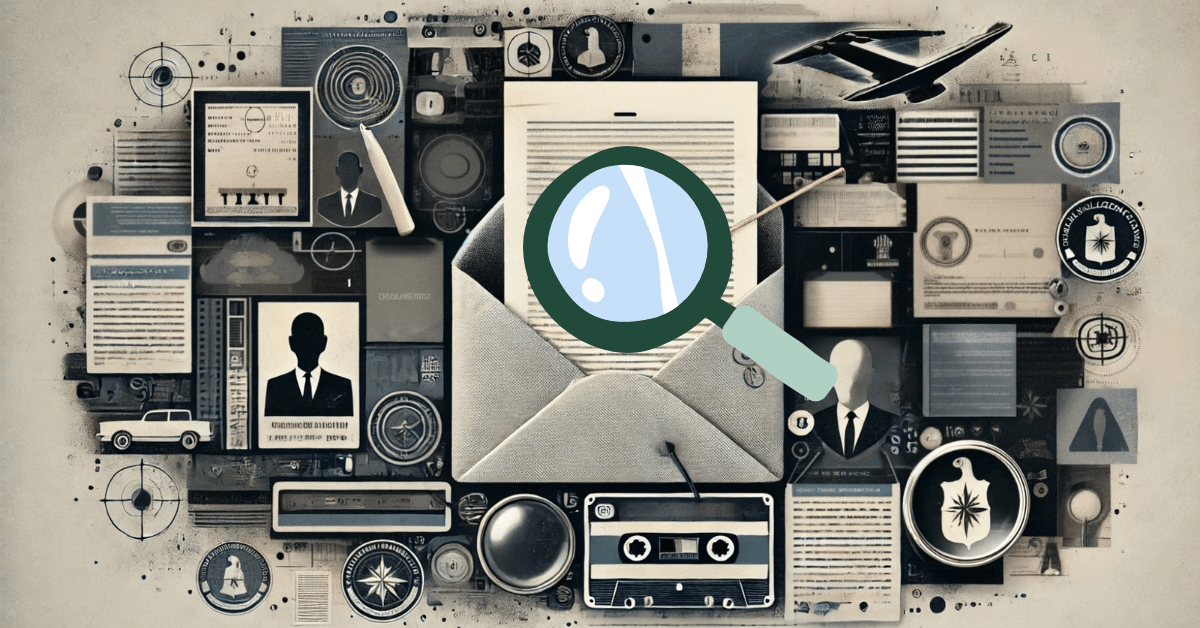Freedom of Information Act: A Tool for Transparency
The Freedom of Information Act (FOIA) is a fundamental pillar of transparency in the United States, enabling the public and internationalists alike to access vital government records. Since its enactment in 1966, FOIA has evolved, reflecting the ongoing demand for government accountability and the protection of democratic principles.
The Origins and History of FOIA
FOIA was spearheaded by Representative John E. Moss, who fought against considerable resistance from federal agencies to bring about this groundbreaking legislation. Enacted during a period of increasing public demand for openness in government, FOIA was initially met with skepticism by many officials, who feared it would hinder/affect their operations.
FOIA Key Amendments and Evolution
The act has been strengthened through key amendments, particularly in response to significant political events. The 1974 amendments, catalyzed by the Watergate scandal, were crucial in limiting the scope of government exemptions and ensuring timely responses to FOIA requests. The 1996 Electronic Freedom of Information Act (E-FOIA) amendment was another milestone, expanding FOIA to include electronic records, thus acknowledging the rise of digital information.
The CIA’s CREST Database: A Landmark in Information History
One of the most remarkable outcomes of FOIA’s influence was the CIA’s decision to release its CREST (CIA Records Search Tool) database online in 2017. Previously available only at the National Archives, this database now offers public access to over 12 million pages of declassified documents, providing a treasure trove of information on Cold War-era intelligence, historical research, and more.
Check out the CIA’s FOIA database!
This release marked a significant victory for transparency advocates and demonstrated FOIA’s power to make critical information accessible to the public.
FOIA’s Role in International Relations
For internationalists, FOIA is not just a domestic tool but a crucial resource for understanding U.S. foreign policy and its global impact. The act allows researchers and analysts to access documents that shed light on the U.S. government’s actions and decisions on the world stage. This transparency is essential for informed analysis and advocacy in the field of international relations.
Conclusion: FOIA’s Continuing Impact
As the landscape of information continues to evolve, FOIA remains an indispensable tool for ensuring transparency and accountability in government.
Its ongoing relevance shows the importance of public access to information, both for individual pursuits, domestic governance, and international relations.
By leveraging the FOIA, internationalists can gain deeper insights into the actions and policies that shape our global environment.
References:
- The Freedom of Information Act. (s. f.). https://foia.state.gov/Learn/FOIA.aspx
- Weisberger, M. (2017, 18 enero). Hundreds of Thousands of Declassified CIA Documents Now Available Online. livescience.com. https://www.livescience.com/57546-cia-releases-12-million-declassified-pages.html
- Freedom of Information Act Electronic Reading Room | CIA FOIA (foia.cia.gov). (s. f.). https://www.cia.gov/readingroom/home
- CREST: 25-Year Program Archive | CIA FOIA (foia.cia.gov). (s. f.). https://www.cia.gov/readingroom/collection/crest-25-year-program-archive









No responses yet